On the occasion of India's 79th Independence Day, Prime Minister Narendra Modi delivered a powerful and uncompromising message on national security from the historic ramparts of the Red Fort. His address was not merely a ceremonial speech; it was a clear declaration of India’s updated doctrine on terrorism. Modi’s remarks served as a stern warning to both terrorists and those who harbor them, signaling a decisive shift in the nation's policy and resolve. The speech was punctuated by a solemn tribute to the armed forces and a powerful assertion of India’s capability to defend its sovereignty.
An Unwavering Stance on Counter-Terrorism: The core of PM Modi's message was a resounding "new normal" in India's fight against terrorism. He stated, in no uncertain terms, that the nation will no longer differentiate between a terrorist and those who nurture them. "They are equally enemies of humanity," he declared, leaving no room for ambiguity. This marks a significant departure from previous policy, underscoring India's frustration with cross-border terrorism. He also explicitly addressed the issue of "nuclear blackmail," a long-standing concern in the region. "India has now decided it will not tolerate nuclear threats," he asserted. "For a long time, nuclear blackmail had been going on but this blackmail will not be tolerated now." This statement reflects a confident and muscular foreign policy, one that is unafraid to call out and respond to security threats on its own terms.
Hailing Operation Sindoor and Indigenous Strength: A significant portion of the Prime Minister's speech was dedicated to "Operation Sindoor," a recent retaliatory military action. Modi hailed the operation as an "expression of anger" and a fitting reply to a recent terrorist massacre. He praised the armed forces for their decisive action, stating that they were given a "free hand" to strategize and execute the operation. He noted that the success of Operation Sindoor was a testament to India's growing self-reliance, with "Made in India" weapons playing a key role in the mission. This focus on indigenous military strength not only bolstered national pride but also highlighted the link between economic self-reliance (Atmanirbharta) and national security.
Securing the Nation: Mission Sudarshan Chakra: The Prime Minister's address went beyond rhetoric, outlining concrete steps to enhance national security. He announced "Mission Sudarshan Chakra," a state-of-the-art defence system aimed at fortifying key national sites against future attacks. This powerful weapon system, inspired by the mythological weapon of Lord Krishna, is designed not only to neutralize enemy attacks but also to "hit back" with superior force. By 2035, the mission aims to provide complete security cover to all important places, from strategic military areas to civilian hubs like hospitals and railway stations. This forward-looking initiative demonstrates India’s commitment to building an impregnable defence shield and ensuring the safety of its citizens in an increasingly complex world.
Conclusion: Prime Minister Modi's Independence Day speech was a pivotal moment in India's ongoing battle against terrorism. His strong, clear, and uncompromising message from the Red Fort was aimed at both domestic and international audiences, signaling a firm resolve to protect India's national interests. The speech underscored a "new normal" in the nation’s security doctrine, where terrorists and their backers will face a unified and decisive response. As India continues its journey towards becoming a global power, its stance on terrorism—backed by a focus on indigenous strength and proactive defense—will remain a defining element of its foreign policy.

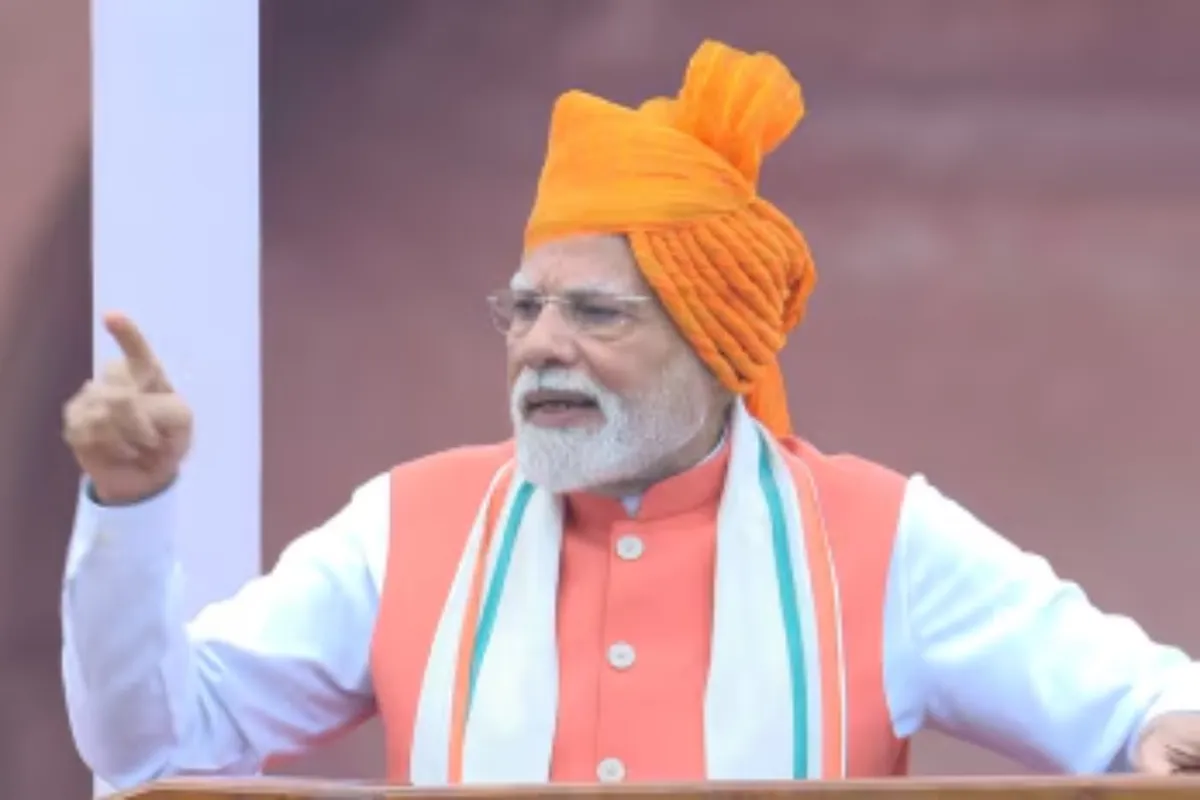
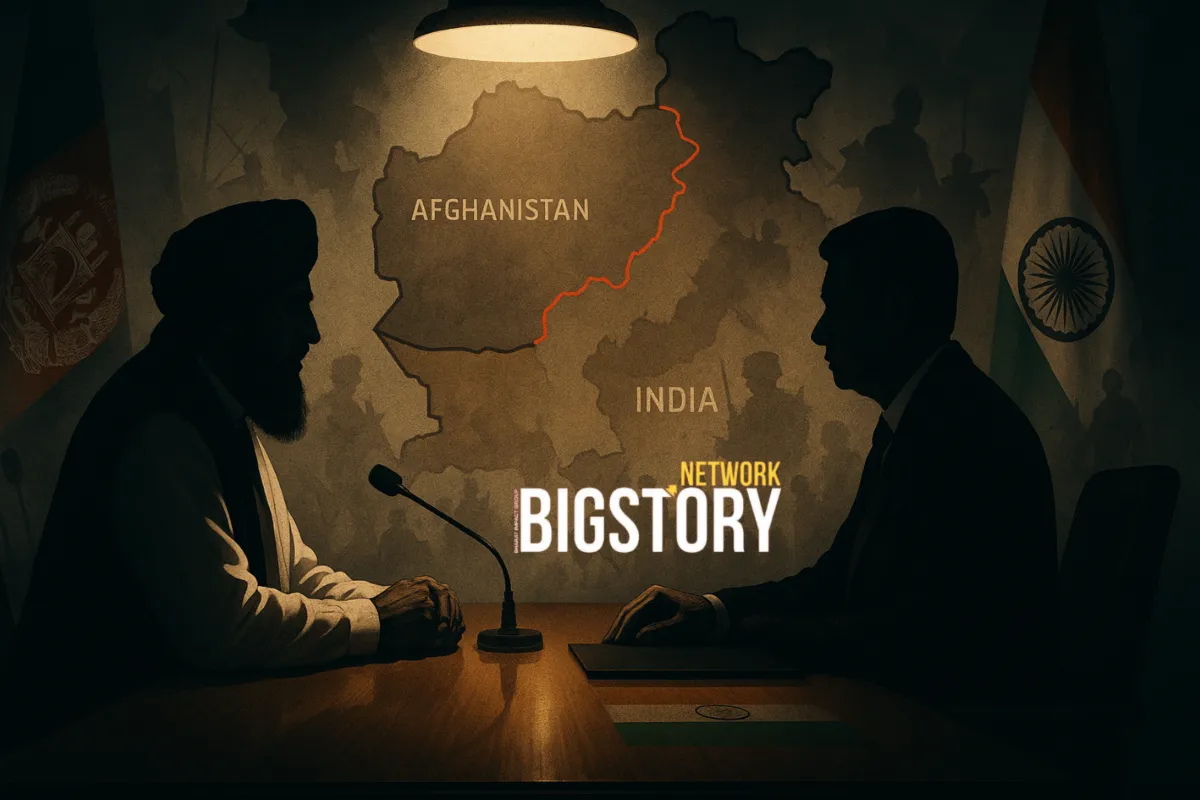
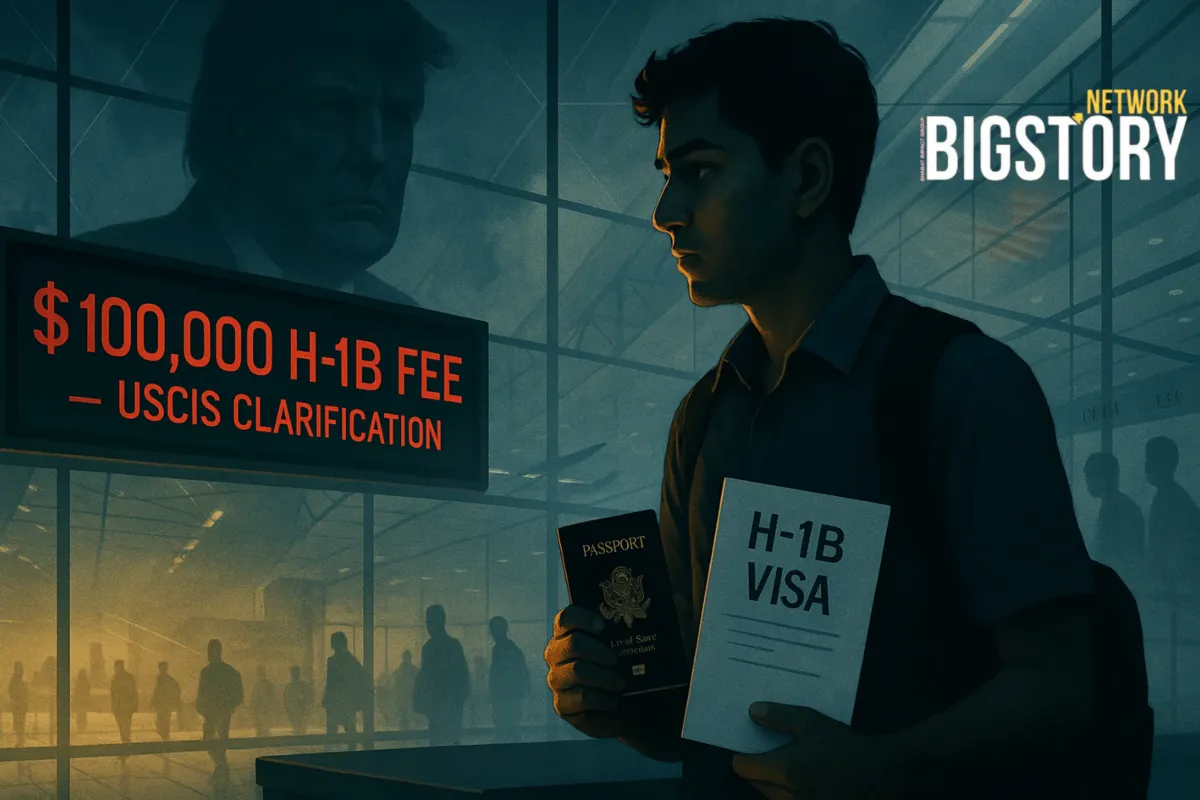
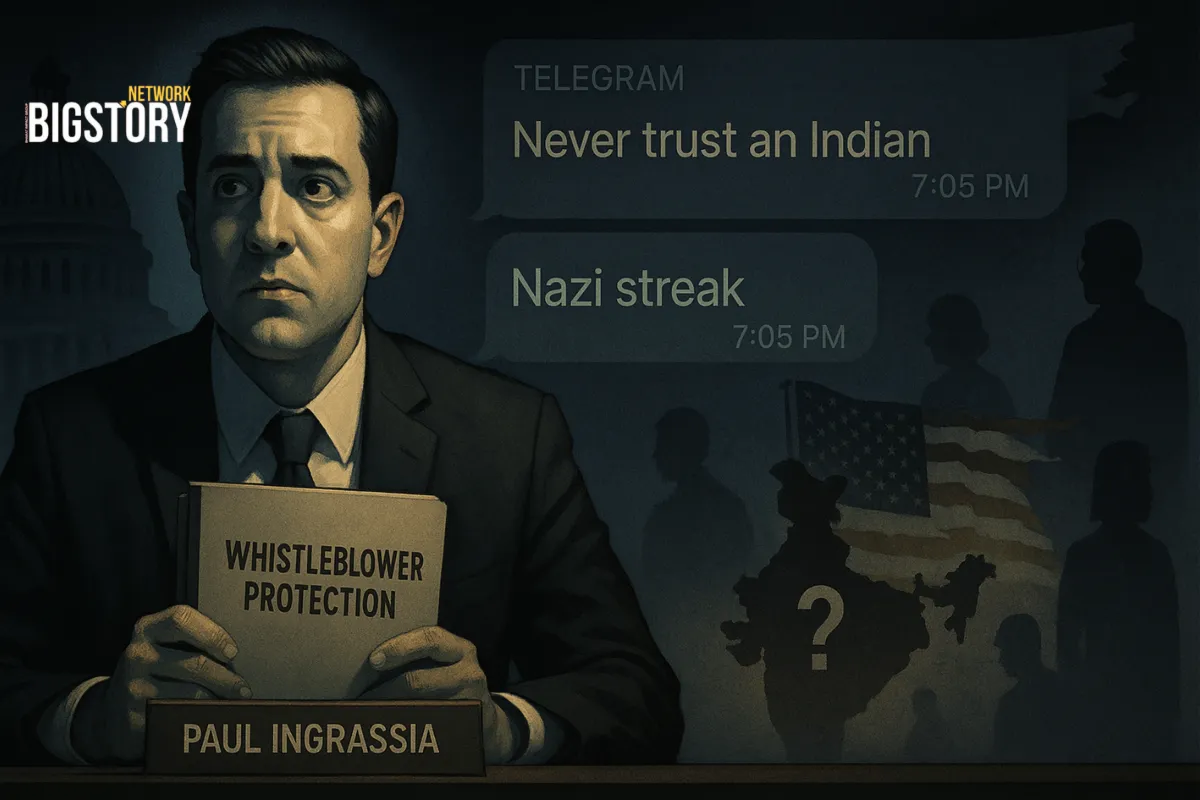
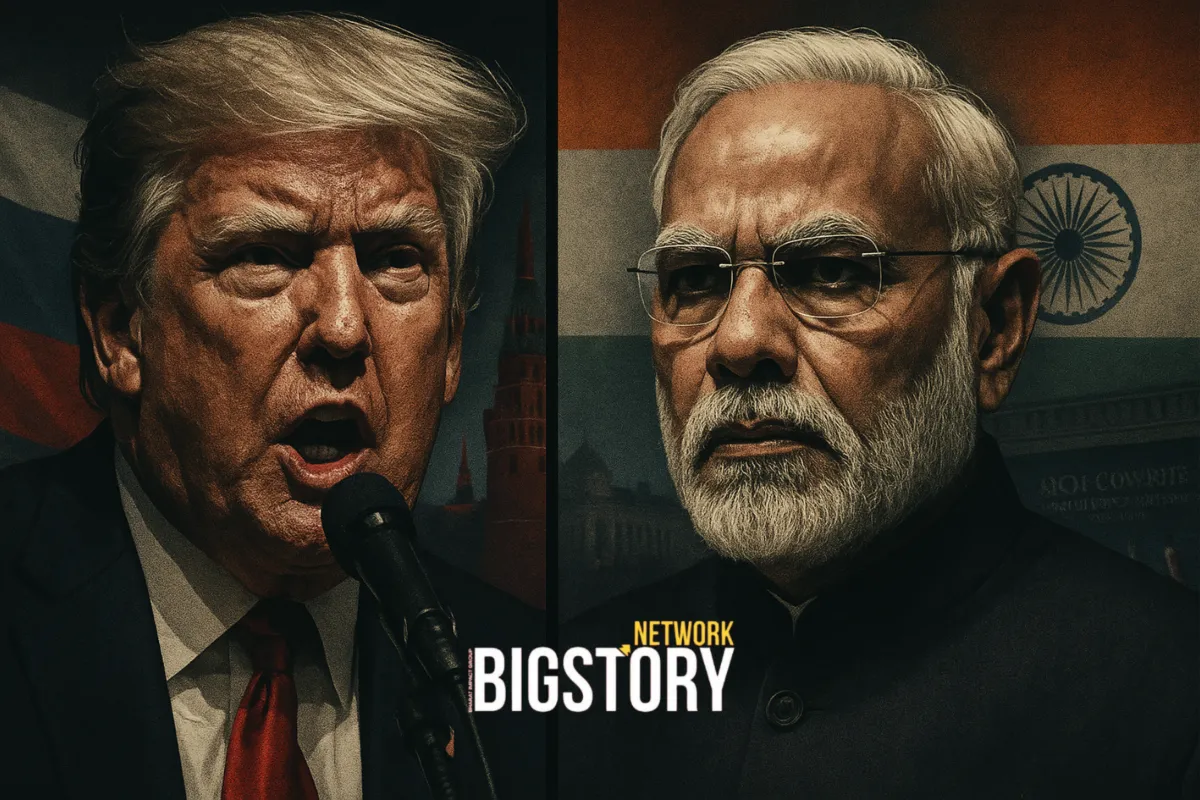

Leave a Reply